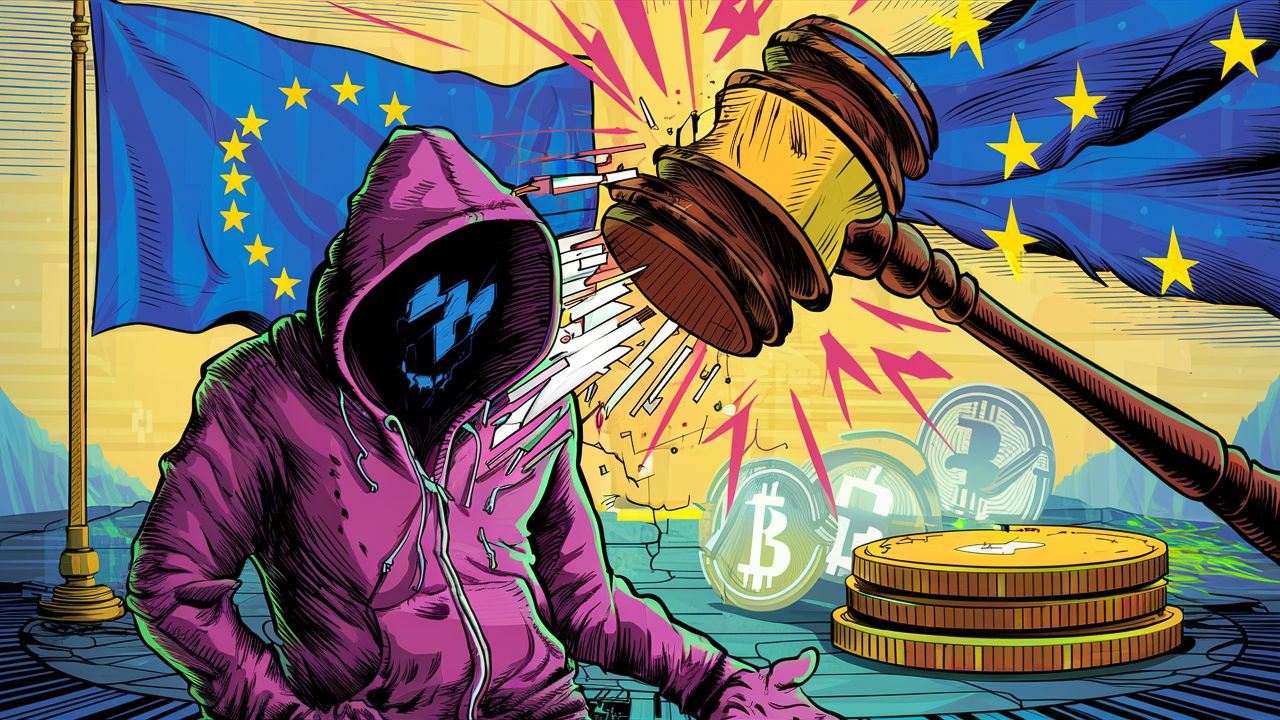
The European Union has introduced a comprehensive directive targeting the misuse of cryptocurrencies. The directive, ratified by the EU Parliament’s leadership committee, prohibits anonymous cryptocurrency transactions. This step is part of the EU’s effort to curb money laundering and enhance financial security.
New Measures to Ensure Transparency
The directive introduces several critical measures aimed at increasing transparency in cryptocurrency transactions. It outlaws all anonymous transactions related to cryptocurrencies. Specifically, cash transactions exceeding €10,000 and anonymous cryptocurrency transactions over €3,000 are banned. This action aims to plug the loopholes that have enabled illegal activities to thrive unnoticed within the crypto sphere.
Furthermore, the directive mandates closely monitoring transactions from unregistered crypto wallets to regulated service providers. This requirement is expected to significantly reduce the risk of cryptocurrencies being used for money laundering. Entities operating within the cryptocurrency industry, such as banks, real estate firms, and crypto businesses, must conduct in-depth customer background checks. This ensures compliance with the new directive and helps identify the real beneficiaries of transactions.
Impact on the Cryptocurrency Industry
The implementation of this directive represents a pivotal change in the regulation of cryptocurrencies within the European Union. Major cryptocurrency exchanges, including OKX, are adjusting to align with the new regulations, particularly the forthcoming MiCA (Markets in Crypto-Assets) regulations that specifically govern stablecoins. The directive’s focus on detailed records of transactions aims to promote a higher degree of accountability and transparency within the financial sector.
Critics have voiced concerns about the potential impact of these regulations on personal freedom and financial privacy. They argue that such strict measures could restrict economic activities and limit individuals’ financial independence. Despite these concerns, supporters of the directive believe it is a necessary step to prevent the misuse of cryptocurrencies for illegal purposes. By fostering a safer environment for digital asset usage, the European Union aims to protect its citizens and ensure the integrity of its financial system.
The EU’s directive sets a new standard for cryptocurrency regulation, potentially influencing other jurisdictions to adopt similar measures. The move underscores the EU’s proactive approach to addressing the challenges posed by digital financial transactions. By prioritizing transparency and accountability, the EU aims to create a more secure financial landscape for all stakeholders involved.
















